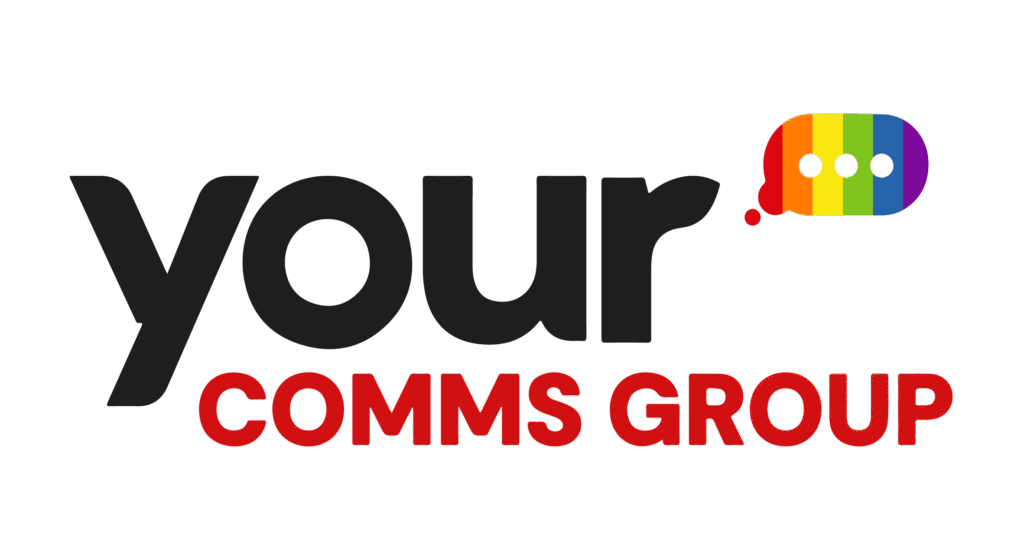MiFID II call recording compliance is one part of a set of legal regulations that aim to make the financial services field fairer and more secure. Let’s make sure that you are up to date on the ins and outs.
The UK’s financial market has historically come under a level of scrutiny, with distrust evident from large sectors of the public. In fact, in 2018, YouGov’s survey revealed that two thirds of all British citizens do not trust banks to work in society’s best interests as a result of the 2008 financial crisis.
Following the 2008 crisis, as well as a series of other financial scandals and controversial business practices taking place around the EU, the European Commission decided to revise the Markets in Financial Instruments Directive (MiFID) guidelines.
The new guidelines came into action in 2018 and have the intention of making financial and trading services operate in a way that is more transparent, creating an even playing field for both companies and consumers.
One notable update to the guidelines in the recent MiFID II is call recording compliance and the regulation of communications that take place between financial businesses and their clients. This article will provide all of the details you need surrounding new MiFID II call recording guidelines.
Which Businesses are Affected by MiFID II?
Although banks appear to be the main source of scrutiny, likely as a result of the subprime mortgage crisis, MiFID II call recording and other regulations apply to any business that operates within the financial sphere. This can include:
- Banks
- Traders
- Trustee firms
- Brokers
- Investors
- Pension schemes
- Trading exchanges and any venue that is used for trading

Additionally, MiFID II homes in on several key financial markets: Equities, fixed income, exchange-traded goods, futures and all retail sectors.
If you are unsure as to whether your business falls under MiFID eligibility, it is always best to follow guidelines as a precaution. After all, MiFID is designed to benefit yourself and your clients, which is most certainly never a bad thing.
MiFID II CALL RECORDING REQUIREMENTS
Call recording under MiFID II regulations means that any conversation resulting in a transaction or the possibility of a transaction, whether electronic or via a telephone call, must be made a record of and retained as evidence.
In order to conduct the process ethically, the business must ensure that the client or potential client is aware of the fact that their conversation is being recorded. This recording is then stored safely for a minimum period of five years, making sure that it is able to be accessed if necessary.
Call recording acts as a form of protection for both the business and the consumer, as it keeps the transactions transparent and can provide clarity if necessary. It makes sure that all practices are followed to the tee, and prevents breeches of conduct. Additionally, it can also prevent customers from making false claims.
Additionally, call recording can also be a great asset to any team. Even if a business doesn’t fall under MiFID II regulations, recording phone calls with clients for training purposes can be a great way to improve customer service.
How Can I Make Sure That my Business is MiFID II Compliant?
The best way to keep your business MiFID II compliant is to invest in a solution that allows you to record and store communications with ease.
Unfortunately, recording devices or software is often expensive or unreliable. Instead, cloud-based solutions are usually the preferable choice for great quality, affordable recordings that can be stored easily and accessibly.
Our call recording solutions
At Your Comms Group, we provide businesses with communication solutions that are designed with MiFID II call recording regulations in mind. To find out more about our available plans and services, get in touch or download our PDF.



